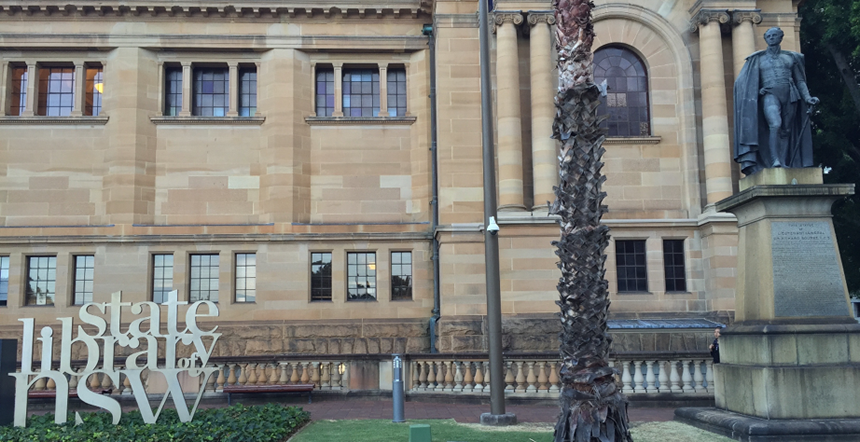Richard Bourke and his wife Elizabeth lived in County Limerick, Ireland, early in the nineteenth century. At that time and in that area, there was a lot of conflict between Catholics and Protestants. But Richard and Elizabeth were different. They stood up to people from their own privileged Protestant social class who disliked Catholics, and helped Catholic people struggling with poverty in their home county. Despite the fact that they came from a different religious group, they respected Catholics as fellow Christians. The Bourkes were peacemakers in their own community.
Bourke came from a wealthy background and a family descended from King Richard the Lionheart. He went to Westminster School, then to Oxford University. He spent many vacations with his relative Edmund Burke and Edmund’s wife Jane. Edmund was a famous thinker and politician. Richard was deeply impressed by the way the Burkes were a mixture of Protestant and Catholic who didn’t let that affect their relationships.
Richard Bourke met his wife Elizabeth through the Burkes. They shared a genuine Christian faith and were blessed with a strong marriage and five much-loved children.
Bourke’s life was not always easy. He had fought in the Napoleonic Wars and been scarred for life when he was shot in the jaw. He also worked hard to change society for the better. As Acting Governor of Cape Colony, South Africa he worked to try to end the slavery of ‘coloured’ servants, granted freedom of the press (ensuring that the media could speak freely and tell the truth about things), and made other important reforms.
Then, on 3 December 1831, the now Major General Richard Bourke arrived in Sydney as the new Governor of New South Wales. He came on the ship Margaret with his wife Elizabeth, three of his children, and an exhausted crew.
The Bourkes had hoped that coming to New South Wales would help Elizabeth’s poor health. But the rough voyage left her desperately weak, and five months later she died suddenly at Government House in Parramatta.

It was a very tough way to start as Governor. Elizabeth had always been a true companion and strength to her husband. Both were devout followers of Jesus Christ, and they had a reputation together for making society fairer. Even just before she died, Elizabeth was concerned to know who was helping their poor neighbours back in Ireland.
But despite his loss, the new Governor had been well prepared for leading the colony of New South Wales. When he came to New South Wales he saw the mistreatment of convicts by brutal masters, so he made the law fairer and got rid of unjust magistrates. He also wanted to give ex-convicts a full place in society, allowing them to sit on juries.
Once he walked out of church when his own Anglican bishop preached against one of his policies. The bishop didn’t agree with his ‘fair-go’ approach. But under his leadership, the Church Act of 1836 made sure that the Anglicans, Catholics and Presbyterians would all receive equal access to funding for new churches and church schools. This was a great success, and settlers everywhere felt very encouraged. Even the bishop didn’t complain too much. Bourke then extended the funding to Jews, Wesleyans and Baptists.
He cared greatly about Indigenous people, although sadly, like most Europeans back then, he did not understand how important their culture and land were to them.
Bourke wanted the Irish National Schools model used for public education in New South Wales, which his supporters used to start public schools in 1848. The different religions of student were recognised through Religious Instruction, which allowed the different church denominations to teach their students. This was to support religious freedom and reduce conflict between different religious groups. Bourke wanted to create a democratic society that gave people a ‘fair go’ based on the Christian beliefs that most settlers had in common, regardless of whether they belonged to churches of different denominations.

The town of Bourke on the Darling River is named after him, and he named Melbourne and its streets, including Elizabeth and Bourke Streets. But his greatest legacy was a fairer society, community building through new churches and schools, and public education based on common Christian values and religious freedom.
Thousands gathered for the governor’s departure from the colony at Sydney Harbour on 5 December 1837. Australia’s first civic statue was erected in his honour five years later and is now outside the State Library of NSW. Most of those who donated to build it were Irish Catholics, showing their affection and respect for the governor who respected them and gave them a full place in society.
Richard Bourke was a great social reformer who put his beliefs into practice. Thanks to the impact of Jesus’ teachings and the influence of his wife, he truly was the ‘fair go’ governor.
